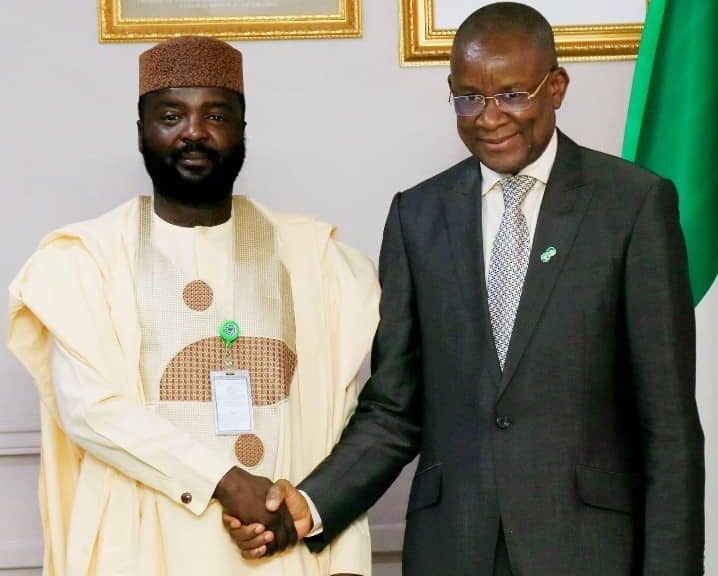FG inaugurates D-8 SME centre to deepen global cooperation, job creation
By Lucy Ogalue The Federal Government has called for stronger collaboration among developing countries to unlock job creation and ensure global competitiveness through enterprise development. Mr Charlse Odii, Director-General, Small and Medium Enterprises Development Agency of Nigeria (SMEDAN), said this at the inauguration of the D-8 Centre for Small andContinue Reading















